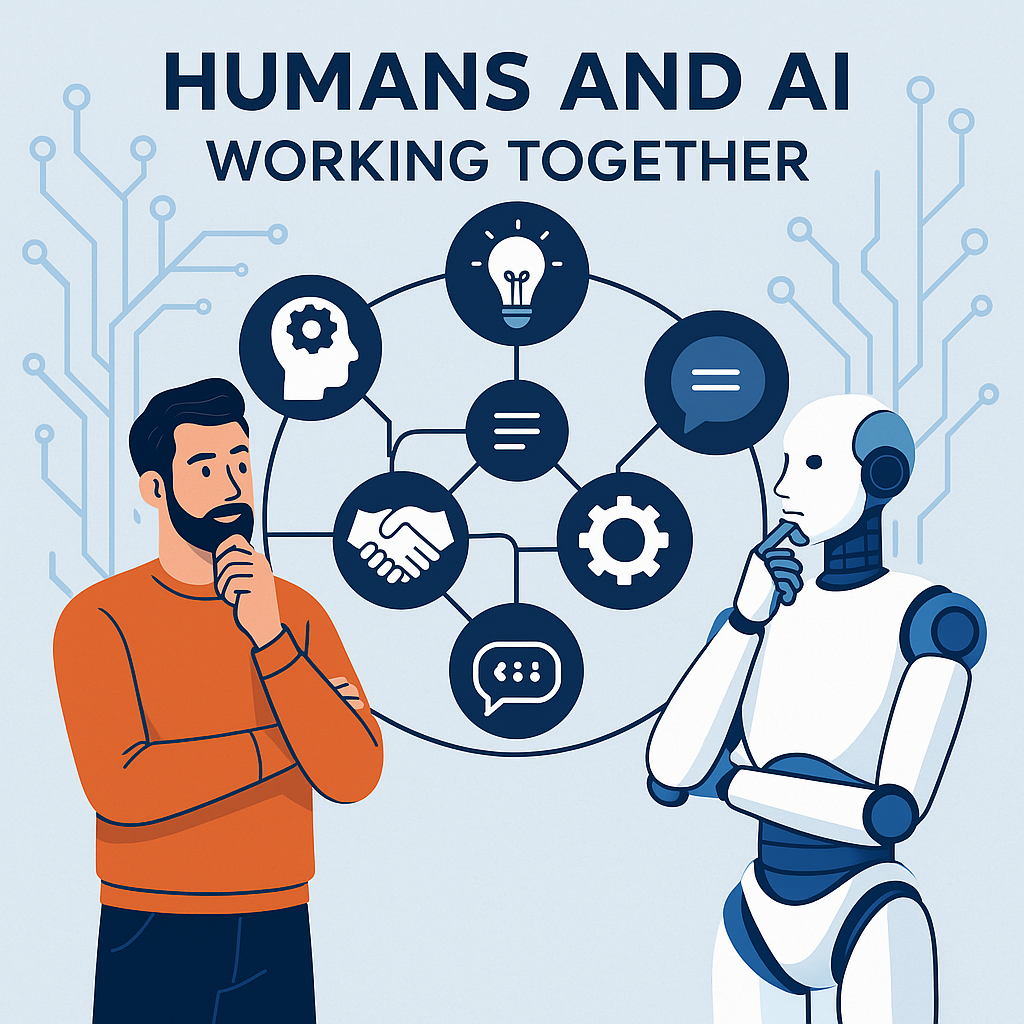Over the past few days, I’ve seen a growing number of conversations suggesting that AI will soon replace humans in most tasks. Fields once thought to be protected from automation are now being targeted by AI companies. Recently, Bill Gates stated in an interview that within 10 years, AI could replace humans as doctors, teachers and more. He added that intelligence will become abundant and essentially free.
But I believe this thinking is flawed.
Gates assumes that what makes a great doctor or teacher is purely intelligence. But being effective in these roles requires far more than just intellect, it demands emotional connection, creativity, empathy, and the ability to innovate new approaches. A teacher’s ability to inspire or a doctor’s bedside manner are just as critical as raw intelligence. Intelligence has always been abundant. What’s truly scarce is opportunity and the space for intelligence to thrive, evolve, and make an impact.
Bill Gates isn’t alone in these views. Elon Musk has made similar predictions recently, also suggesting that AI will replace humans within the next decade. As someone who is optimistic about the potential of AI and its ability to help us reach new heights, I find this narrative around replacement deeply troubling for two key reasons:
- It consolidates power into the hands of a few
AI is ultimately software a tool created by humans. It can be manipulated, guided, and even biased by those who control it. If we hand over most decision-making and productivity to AI without clear safeguards, we risk speeding up a trend that’s already been growing: the concentration of power and influence among a small group of corporations. - It underestimates human creativity and innovation
AI can optimize, predict, and replicate but true innovation comes from challenging the norm, thinking differently, and imagining the unimaginable. If we remove humans from the equation, we risk stalling the very innovation we hope to accelerate.
The conversation shouldn’t be about replacing humans with AI it should be about augmenting human capabilities through AI. AI is a powerful tool, and it’s only getting better. But so are humans. The true magic happens when we work together leveraging the strengths of both. By keeping humans in the loop, we also ensure ethical oversight, accountability, and a future grounded in our shared values.
So, how can we prepare for a brighter future where humans and AI coexist and thrive together?
- Start learning the language of computers.
Yes, learn to code. No, you don’t have to become a full-time developer. But understanding the basics of computer science and programming will help you grasp how AI learns and functions. It will empower you to collaborate with these tools more effectively. And the good news? You can use AI to help you learn. - Invest in soft skills
Communication, emotional intelligence, critical thinking, and problem-solving will remain essential. While some believe AI will eventually master these areas, we’re not there yet and even when we are, human connection will remain uniquely powerful. The way we relate to one another can’t be replicated by machines. - Strengthen your critical thinking
Don’t be afraid to question assumptions or challenge the status quo. Nearly all transformative innovations in history have come from those willing to think differently and ask “why not?”
